Auntie's Charlie
Steve Winders reviews Charles Chilton’s new autobiography
So many autobiographies today are about ‘celebrities’ in their twenties or thirties, many of whom have yet to achieve anything of note and most of whom have not even written the book themselves. Neither of these criticisms can be levelled at Charles Chilton, who at the age of ninety four has completed his own autobiography Auntie’s Charlie, the title alluding to his long career at the B.B.C.
Charles’ style is instantly recognisable. He tells the story of his life in the same clear and direct way that he recalled his work on Riders of the Range and Journey Into Space in radio interviews and in talks to the Eagle Society that I was fortunate to attend. Charles is an excellent communicator. Throughout his career at the B.B.C. producing a whole range of programmes, he was always an educator.
Charles produced some of British radio’s most famous programmes, including the Goon Show, the western drama Riders of the Range, the science fiction serial Journey Into Space and factual historical programmes based on the popular songs of the period concerned, such as Marching To Glory about the Salvation Army and The Long Long Trail about the First World War, which led to his significant involvement in the stage musical Oh What a Lovely War. However despite my great enthusiasm for Riders of the Range and Journey into Space, both of which Charles also created and wrote, I was amazed to find that the most gripping part of his narrative was his account of his early life in which he vividly recalls his boyhood in poverty in London between the wars. His poignant account of his mother’s sudden death when he was six years old is related in the first chapter, before he writes about his parents’ earlier lives and emphasises the profound effect it had on him.
His father died in the First World War without ever meeting Charles. After his mother’s death he was brought up by his paternal grandmother. His extended family of eight people shared just three rooms with one of them regularly condemned as unsuitable for habitation! Sleep was difficult as they had to cope with bedbugs in Summer and extreme cold in Winter. Charles describes many events in his childhood, both good and bad. He is eternally grateful that he and a few of his friends decided they would rather go to the pictures when others were going thieving from lorries. Those boys were caught and sent to Borstal! He is also grateful to the Boys’ Brigade whose activities were such happy experiences for him and this leaves the reader regretting that too many children today do not have access to such positive influences.
He joined the B.B.C. after leaving school, first as a messenger boy and then as an assistant in the Gramophone Library. Later he became a gramophone programme compiler and producer and along with Leslie Perowne he promoted jazz in Britain through programmes in the late thirties such as Swingtime and Kings of Jazz. He began to present programmes himself, but was temporarily stopped because of his London accent. How things have changed! In fact he has a clear friendly engaging voice which is easy to listen to.
He covers the early and potentially uninteresting part of his war service, when he was training to be a wireless operator and air gunner by including extracts from letters to his future wife Penny, which reveal his feelings at the time. Later he returned to radio, working for Radio Seac in Ceylon. He travelled to Ceylon from northern India by train and boat, after waiting too long for a place on an aircraft to become available. The plane he had been intended to fly in crashed and when he arrived in Ceylon everyone had assumed he was dead!
He writes in detail about his radio career back at the B.B.C. after the War, relating interesting anecdotes which bring his experiences to life. There are a couple of minor mistakes. In Riders of the Range Macdonald Parke played J.C. Macdonald, not Cal McCord and the B.B.C. didn’t repeat the recorded version of Journey Into Space in 1981 before Charles was asked to write a sequel The Return From Mars. They repeated it several years later between 1989 and 1991. These minor errors do not detract from his entertaining account of his life and work in radio which are further enhanced by his detailed accounts of his visits to America, first on behalf of Eagle weekly which ran a highly successful 'Riders of the Range' strip, written by Charles, for over eleven years and later on behalf of the B.B.C. If I can recall the incidents of my life as well as Charles remembers his when I am ninety I will be delighted. I only wish I could remember some of them now.
Charles acknowledges his wife Penny’s significant contribution to his life and work. One example of this is the research she carried out to help him ensure that his work was factually accurate. While this was clearly important in his historical work based on music, it was also a feature of Riders of the Range. By the same token Journey Into Space aimed to be as scientifically accurate as possible and Charles pays credit to Kenneth Gatland as technical adviser. He also praises the work of the artists Nando Tacconi who drew 'Journey Into Space' for Express Weekly and Frank Humphris, who drew 'Riders of the Range' in Eagle. Frank was as enthusiastic about the American west as Charles and as anxious to get the facts and details correct.
I would have liked to read more about Charles’ later programmes The Return From Mars and Space Force, which he was commissioned to write after his retirement from the B.B.C. However he says little about them apart from bemoaning the fact that he wasn’t allowed to produce them himself! I can well understand his frustration here as his programmes before his retirement were invariably his own work from conception to realisation. He does not mention the two recent Journey Into Space stories, first broadcast in April 2008 and June 2009 respectively as the last event mentioned in his book is his ninetieth birthday in June 2007.
In his final chapter Charles describes the B.B.C. as his university, his music college and his introduction to literature and drama. He recalls the vision of its first Director General, Lord Reith, who wanted the B.B.C. “to inform, entertain and educate all those who wished to listen … so that at the end of the day they could feel enriched.” Well Charles himself has informed, entertained and educated so many of us over the years and we are greatly enriched! I can recommend this book. We’ve waited a long time for it, but it was worth waiting for.



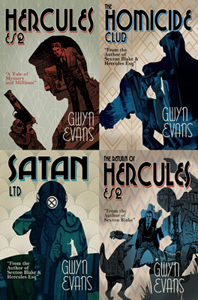
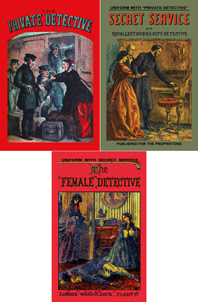



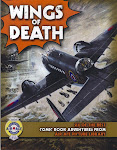





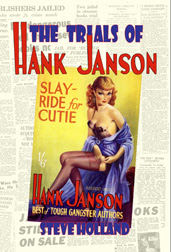
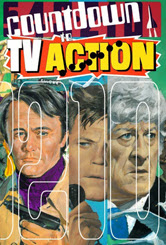
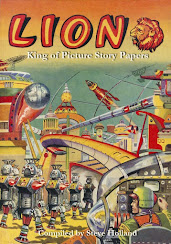
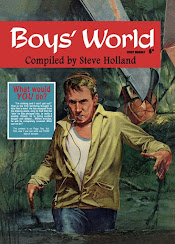
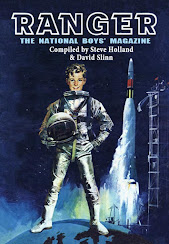
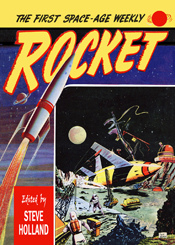
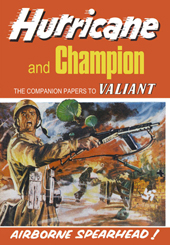
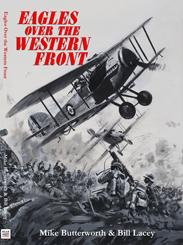
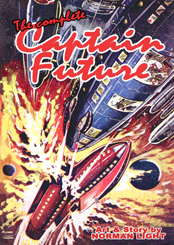
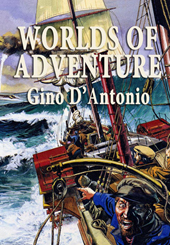




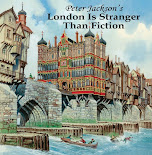
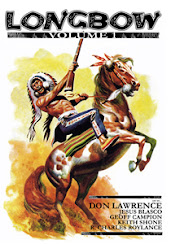
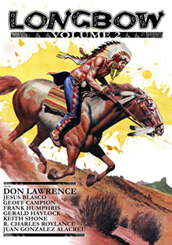
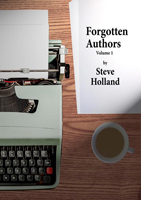
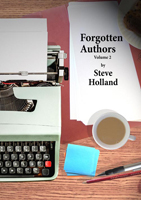
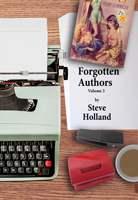
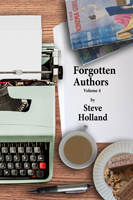
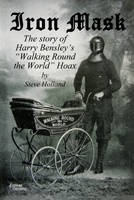
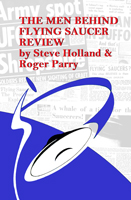

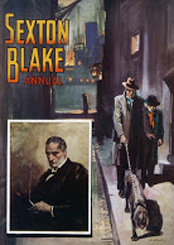




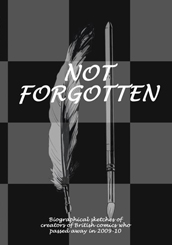
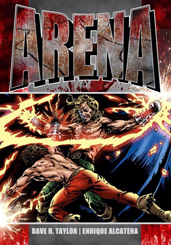
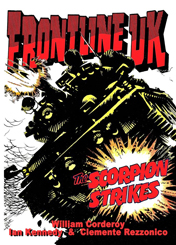
A most informative review of the autobiography of a most interesting man.
ReplyDeleteThere is an excellent interview with Charles Chilton. The interview was done two years ago when he was 92.
ReplyDelete"An Interview with Charles Chilton
Roger Howe
He is 92 now, but the rich robust Cockney voice is strong as ever. The proud, expressive voice of a man who has breathed the atmosphere of London, indoor and outdoor, upstairs and down. Palace and street-seller. " ....
Here is the link to the rest of the interview:
www.suttonelms.org.uk/articles45.html